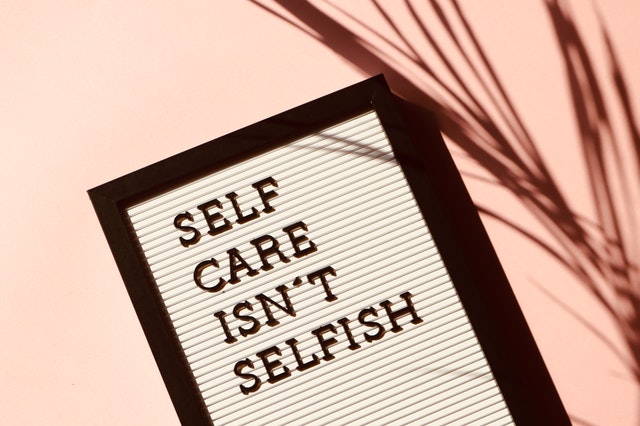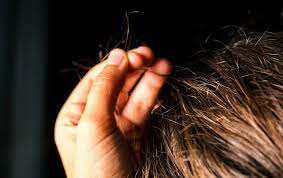How to Take Care of Yourself After a Heart Attack
If you have suffered a heart attack and have survived it. Well, brave for that journey. Let us educate you all that there is life after a heart attack and it is not the end of the world. Most of the time. There are plenty of people who have had a heart attack in the past and have continued living life to the fullest.
According to the top cardiologist in Karachi, it is possible for a person to stay alive and wealthy even after suffering from a heart attack.
To make sure that you are also able to live the best of your life even if you have had a heart attack, here are some things that you need to do.
What Happens After a Heart Attack?
After it is confirmed that a person is having a heart attack, the doctors will then move him or her to a cardiac center or an ER. Experts say that one of the most effective and immediate treatments for heart attack is a heart catheter. The blocked and clogged arteries can be opened with a stent or a balloon. The sooner that this treatment is happening the better it will be for the overall health of the patient.
Some After Effects of a Heart Attack
Given below are some of the after-effects that a person might feel even after the treatment of a heart attack.
- Severe to mild chest discomfort
- Difficulty in breathing
- Fatigue
Most of the time, a patient might suffer from weakened heart muscles or valves after a severe heart attack but all of this can be taken care of with the help of free hospice care.
In case you are wondering about the lipid profile test price, then you should check healthwire.pk
How to Recover From a Heart Attack?
After you have recovered from the heart attack you are required to follow the given below lifestyle or food habits for better heart health.
Physical Activities
Exercise is one of the best habits that one can adapt. Engaging in physical activities of all sorts can bring you one step closes to a good heart. If you are choosing to undergo physical activities under the strict supervision of the cardiologist then you are going to be monitored for the symptoms as well as any rhythmic change that might follow.
This way both you and the doctors will have a live look at how well your heart is performing. It will also help you to monitor the functional capacity of your heart. Keeping track of the heart activity is an important thing because it helps to know when your heart starts to struggle.
Pay Attention to Your Diet
Diet plays a crucial role in the well-being and maintenance of our organs. People who have had a heart attack previously need to be highly cautious of their fats and cholesterol intake. They also have to track their salt intake because too much sodium can clog the arteries, and give rise to hypertension. All of this can also open the door to a number of other health complications.
Heart specialists comment that people should start eating healthy such as fruits, vegetables, grains as well as olive oil, and nuts. These food options are organic and rich in nutrients.
Additionally, you also have to keep up with the consumption of meats as well. Try to eat lean meats, such as some fish and poultry that have low levels of potassium in them. Also, keep an eye on the intake of sweets that have too many calories in them.
Maintain a Healthy Weight
Another thing that you have to work on when you are recovering from a previous heart condition is optimizing your body weight. Engaging in healthy physical activity accompanied by healthy eating is the way to maintain and achieve a healthy weight.
A good BMI also helps to lower the risk of various cardiovascular issues and health complications. Thus make sure to work on it.
Lower Your Blood Pressure
High blood pressure puts a strain on the working capacity of your heart. It makes your heart work at a faster pace than it’s already working. Several everyday habits such as eating patterns, sedentary lifestyle, and stress are the reason behind high levels of blood pressure.
Try to lower your blood pressure either with the help of medications or by adopting healthy habits. The choice is yours.
Make sure to consult with your healthcare provider so that they can devise a plan for you accordingly. Managing your blood pressure is highly important in keeping your heart healthy.
The Bottom Line
Make sure to keep track of all these above-mentioned ways so that you can enjoy the perks of a healthy heart even after a heart attack. For further consultation, you can reach out to your primary healthcare provider anytime. They will assist you properly in such regards.






